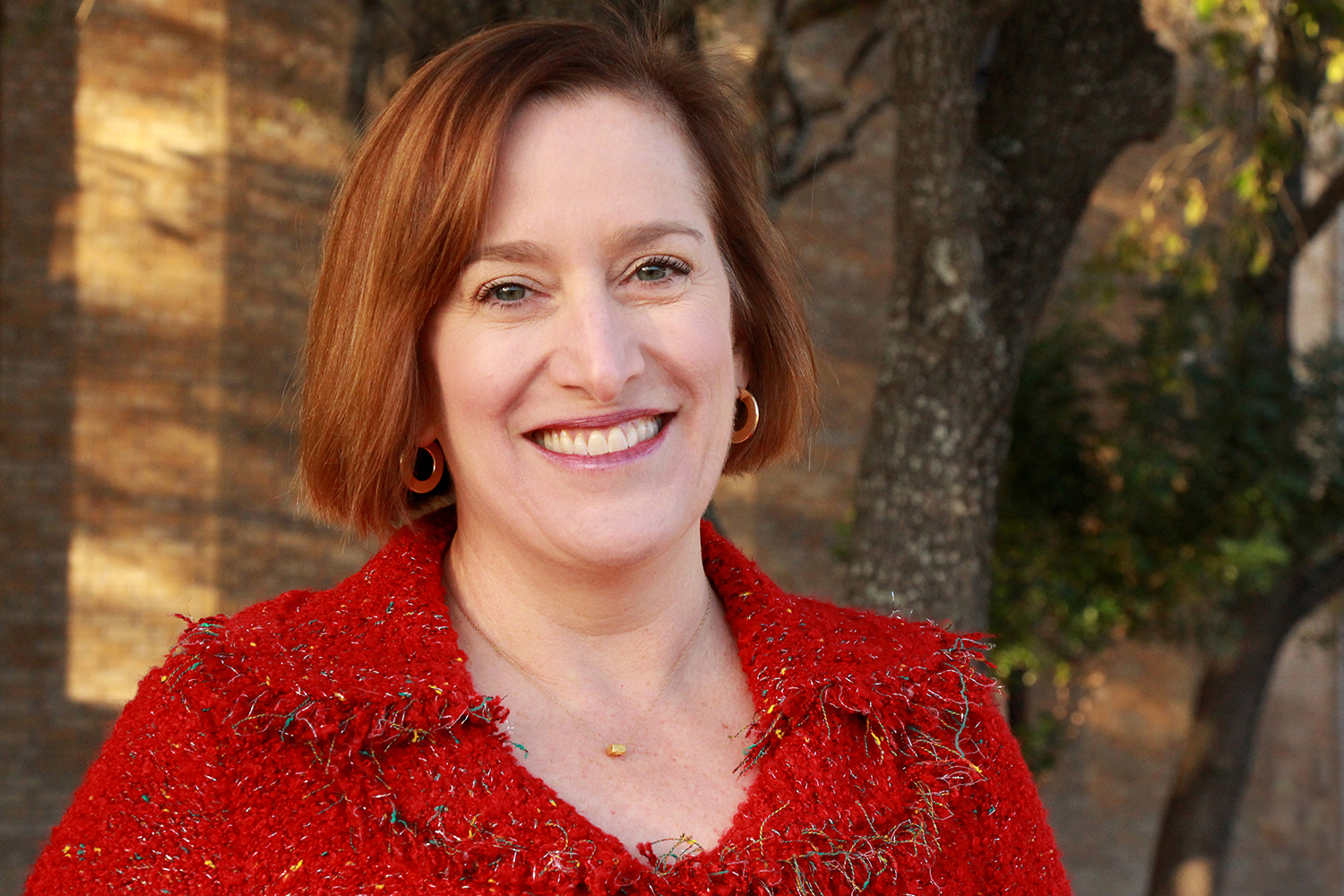
The past three post-pandemic years have been increasingly difficult for nonprofit organizations across the Central Texas community and beyond. From funding, technology, and infrastructure – to the abundance of struggles of those being served – nonprofits have been working tirelessly to recover and continue to serve those in need. We sat down with Laura Wolf, CEO of CASA of Travis County, to discuss how CASA is tackling these issues today and into the future.
ML&R: Laura, it has been a pleasure getting to know you and the CASA of Travis County mission. Your organization has such a powerful vision of offering a trained volunteer advocate, a safe home, and a promising future to every child that needs CASA. What are some of the predominant challenges children are currently facing in Travis County?
Laura: Situations for children are generally more difficult than before the pandemic, with increased mental health struggles, increased challenges in school, and more. For the children who’ve experienced abuse and neglect that CASA serves, these obstacles are exponentially higher and harder to overcome. Some of the traumas the children we serve are experiencing include: domestic violence resulting in the murders of their mothers; sex trafficking; serious physical injury; self-harm; suicidal thoughts and suicide attempts; anxiety, depression, and more. Children living through adverse experiences like this need healthy connections and to know that at least one safe and reliable adult will be there to support them and speak up for their best interests. The CASA volunteers offer the consistency and support these children need in such difficult situations.

ML&R: Your organization has been nationally recognized for its innovative programs, such as Family Finding, Early Family Engagement, and Family Drug Court. Can you tell us a little more about these programs and how they have impacted your clients and the community in the years since implementation?
Laura: CASA of Travis County has a long history of innovation, which is a reflection of visionary judges, our courageous volunteers, a supportive Board, and the innovative culture of Austin itself. Included with the specific programs you mention are other initiatives, such as our focus on child safety. In fact, we are the only CASA program in the nation accredited by Praesidium, Inc. for our practices in addressing the risks of child sexual abuse. Our newest innovation is our “Bridge to Permanency” program, which provides direct financial assistance to families who are being reunified and relatives taking in a placement of familial children to keep them out of foster care.
The specific programs you mention all focus on fully supporting safe families, because we know that when it’s safe to do so, children are better off with their families.
- Family Finding has long focused especially on children in long-term foster care. As part of the program, we train volunteers to search old records and to scour the internet to find relatives who may not even know that kids in their family are in foster care. Once they learn about it, they may be eager to help.
- Early Family Engagement seeks to avoid long-term foster care in the first place by starting the family finding and engagement process from the first day we are appointed to a child’s case by the judge.
- Family Drug Treatment Court is focused on providing wrap-around support for parents struggling with substance use disorder, in hopes of helping keep their families intact.
In all these initiatives, CASA focuses on children’s best interests, understanding that if their parents and families can be supported in overcoming their challenges, children will be better off.
ML&R: How has the rapid growth of Travis County shaped and affected your organization?
Laura: Many of the changes brought through Austin’s growth have been very positive: new people coming to town and looking for ways to be involved in their new community have found us and become CASA volunteers, donors, Board members, etc. In particular, the growth of Austin’s tech sector and an associated data-driven, data-informed culture, has inspired and supported CASA’s recent transition from an inadequate and antiquated database to a robust and sophisticated data management system.
In contrast, the exponential rise in the cost of living has had a profound impact on CASA in various ways. Being a nonprofit, we face constraints in offering salaries that are comparable to the for-profit sector, while simultaneously grappling with the challenge of housing costs for our employees. However, the families of the children we serve are subject to far greater hardships stemming from the escalating cost of living and Austin’s development. The challenges of parents who must endure months-long waitlists for affordable housing, juggle multiple jobs, rely solely on public transportation, and meet court-ordered services to regain custody of their children, are immense. CASA’s Board and staff are people who look for opportunities and as Austin grows, we are building on innovations of the past to find creative ways to help children and families build sustainable and promising futures.

ML&R: What do you see on the future horizon for CASA of Travis County?
Laura: CASA’s innovative efforts are all rooted in a set of overarching values. These values prioritize the safety and well-being of children, recognizing that whenever its safe, children are usually best cared for within their own families. We acknowledge that the child welfare system has significant flaws and strive for continuous improvement to provide the highest quality advocacy for children’s best interests. Fortunately, our ability to accept court appointments for all new child abuse cases in Travis County allows us to deepen our advocacy and address unmet needs.
How do we really lean in to the “safe homes and promising futures” concepts in our vision statement? We’ve worked for decades to be in a place where we can accept appointment to all the cases that come into court, so how do we improve and further help to meet children’s needs? How can we help stabilize reunifying families and teens aging out of foster care into uncertain futures? In other words, how can we help children not just survive, but thrive? These are the questions that CASA’s Board and leadership are asking, and as we identify answers, we are excited at the ways that our community can continue to step up on children’s behalf, as they have so honorably for the last 38 years.




